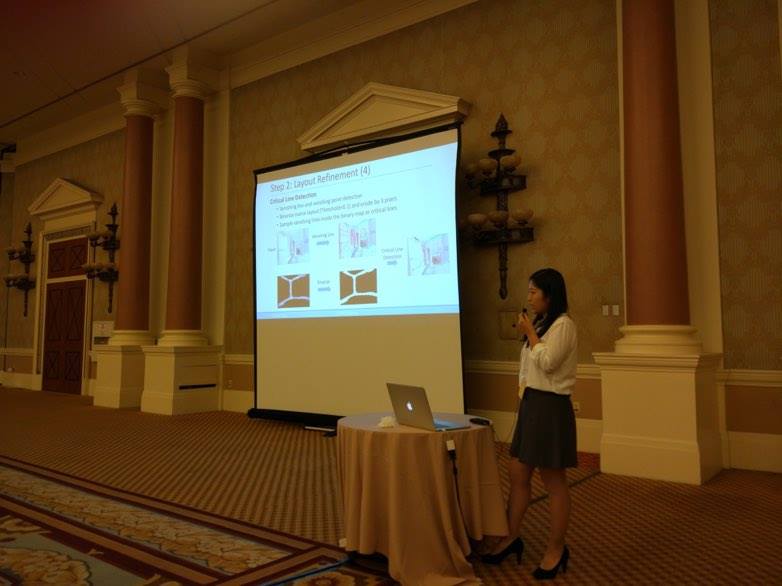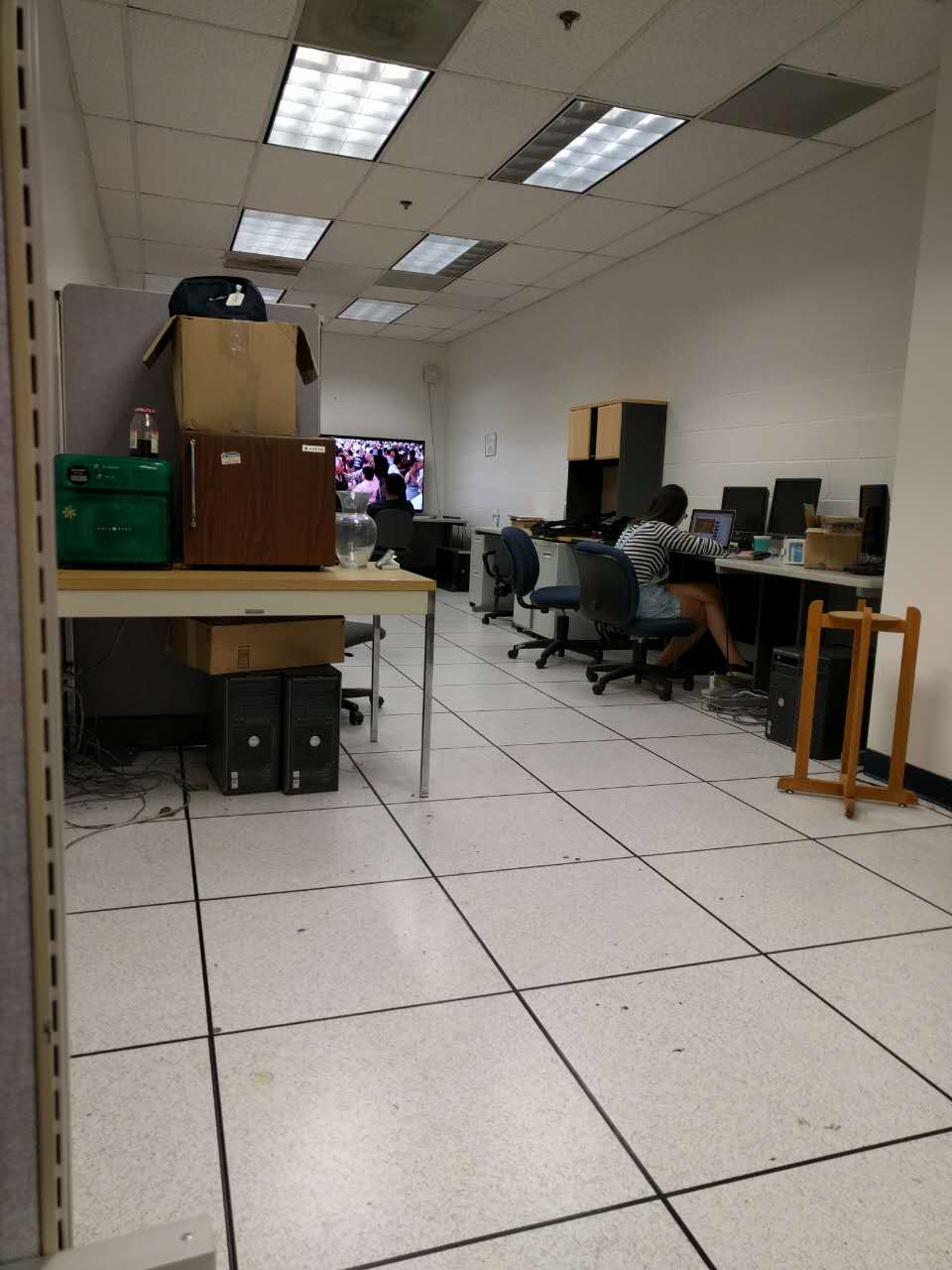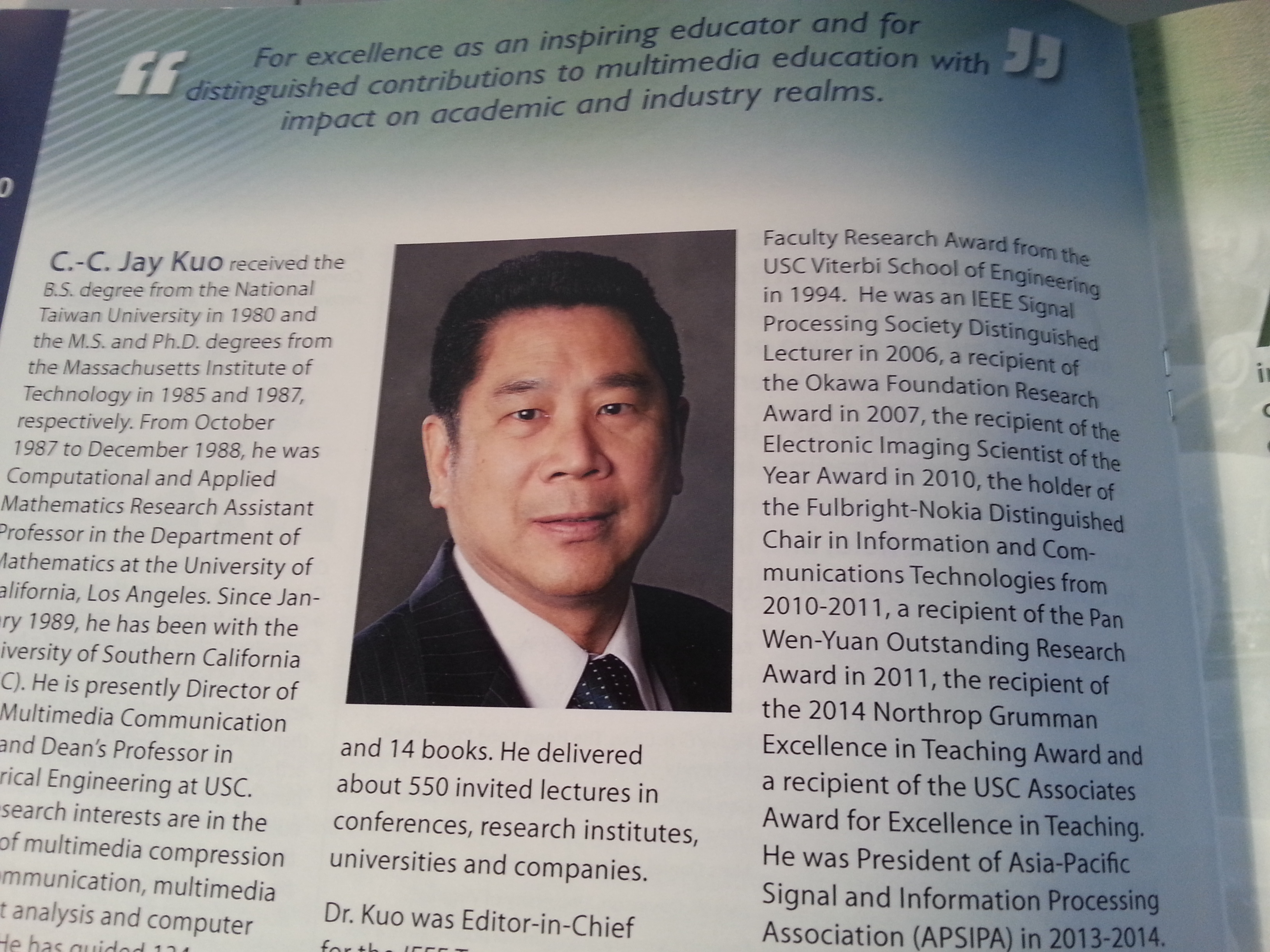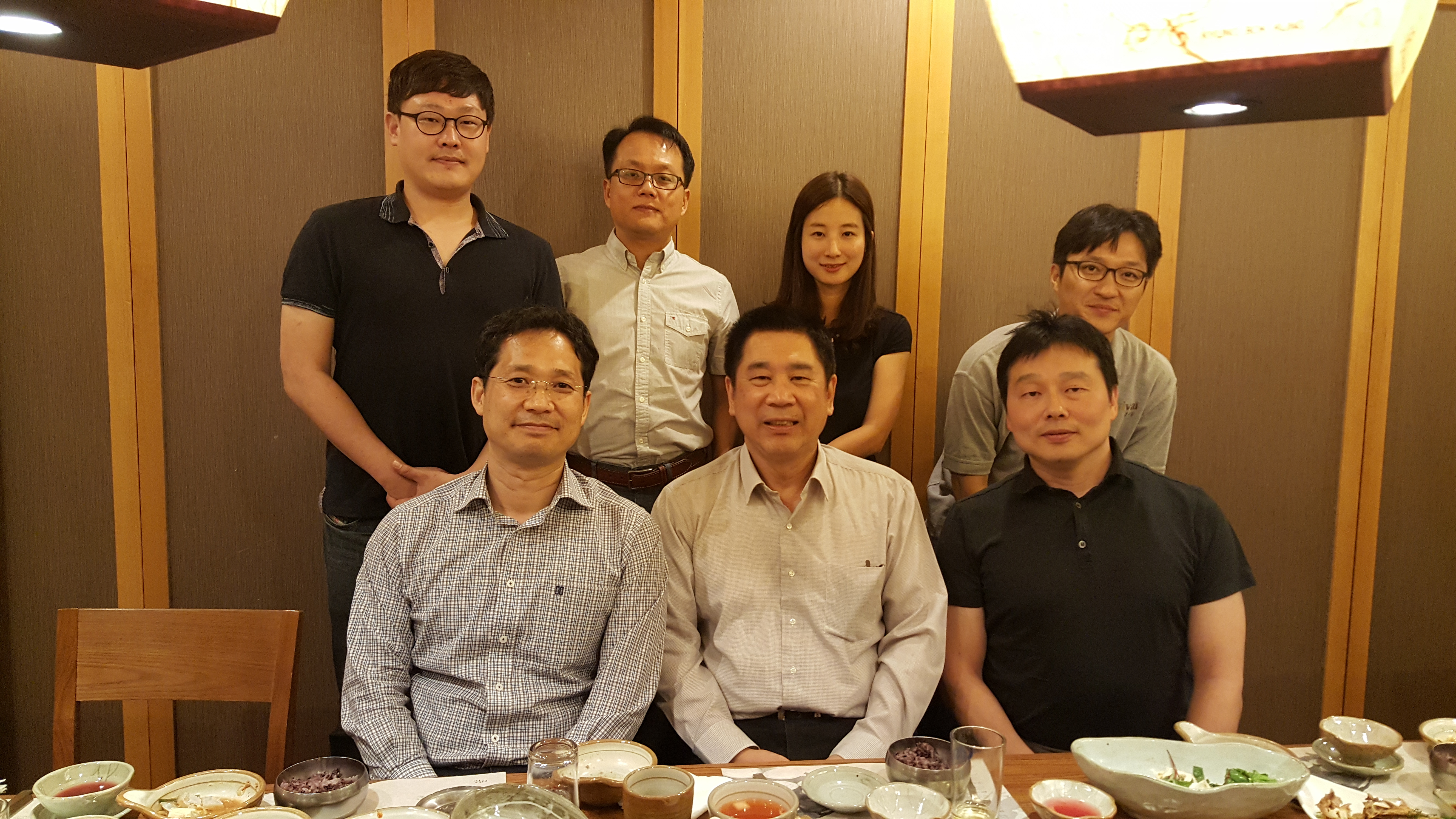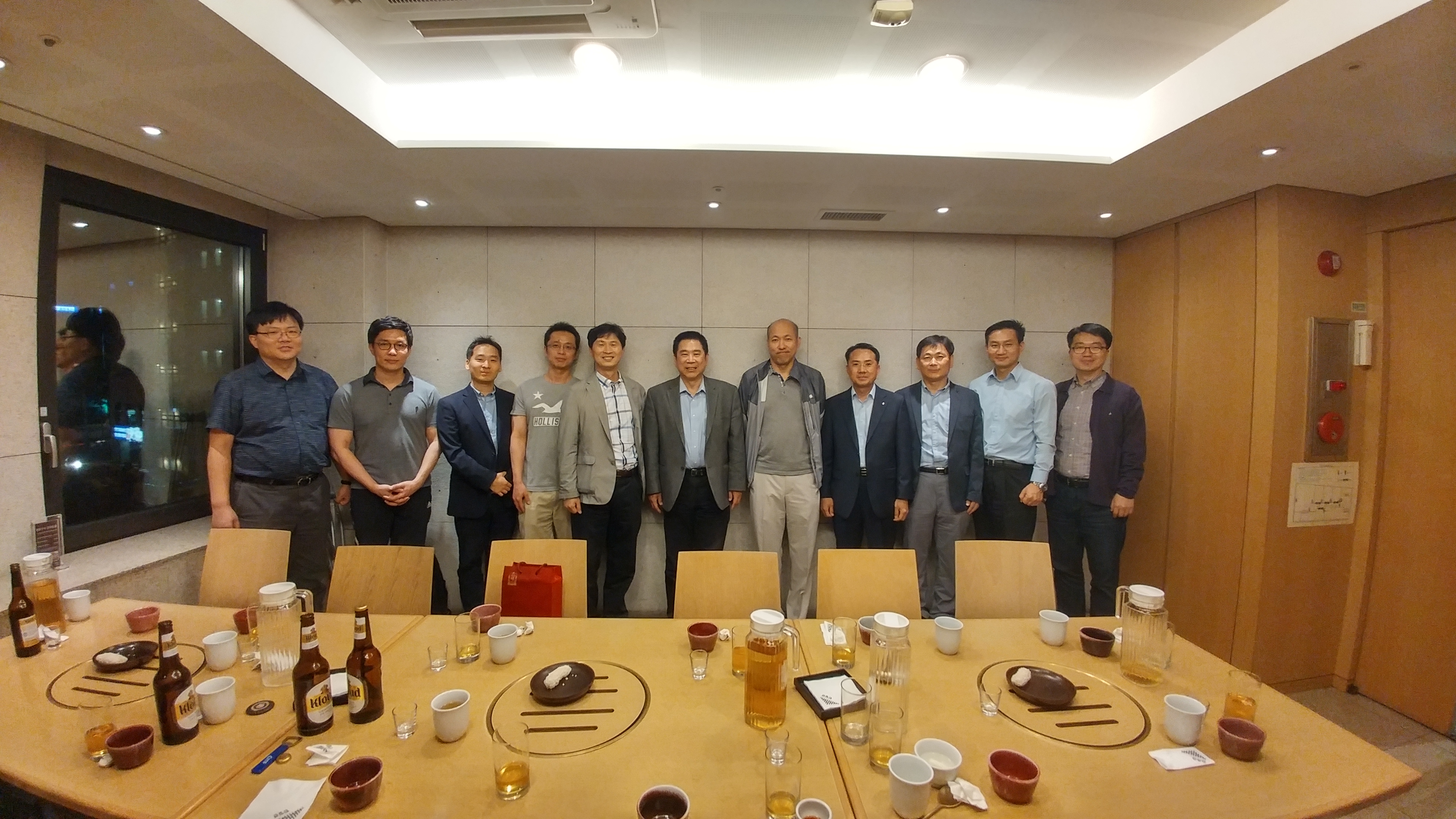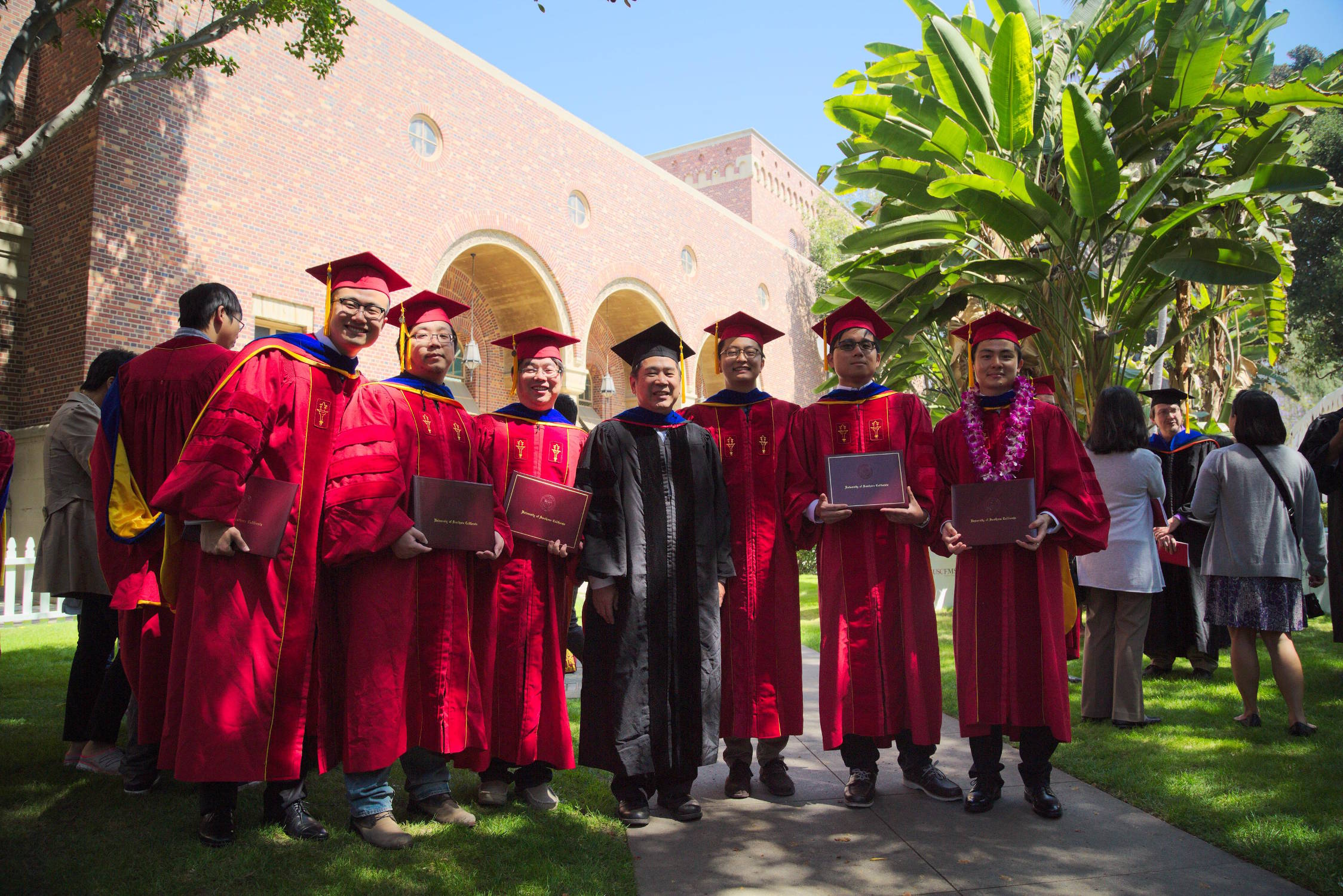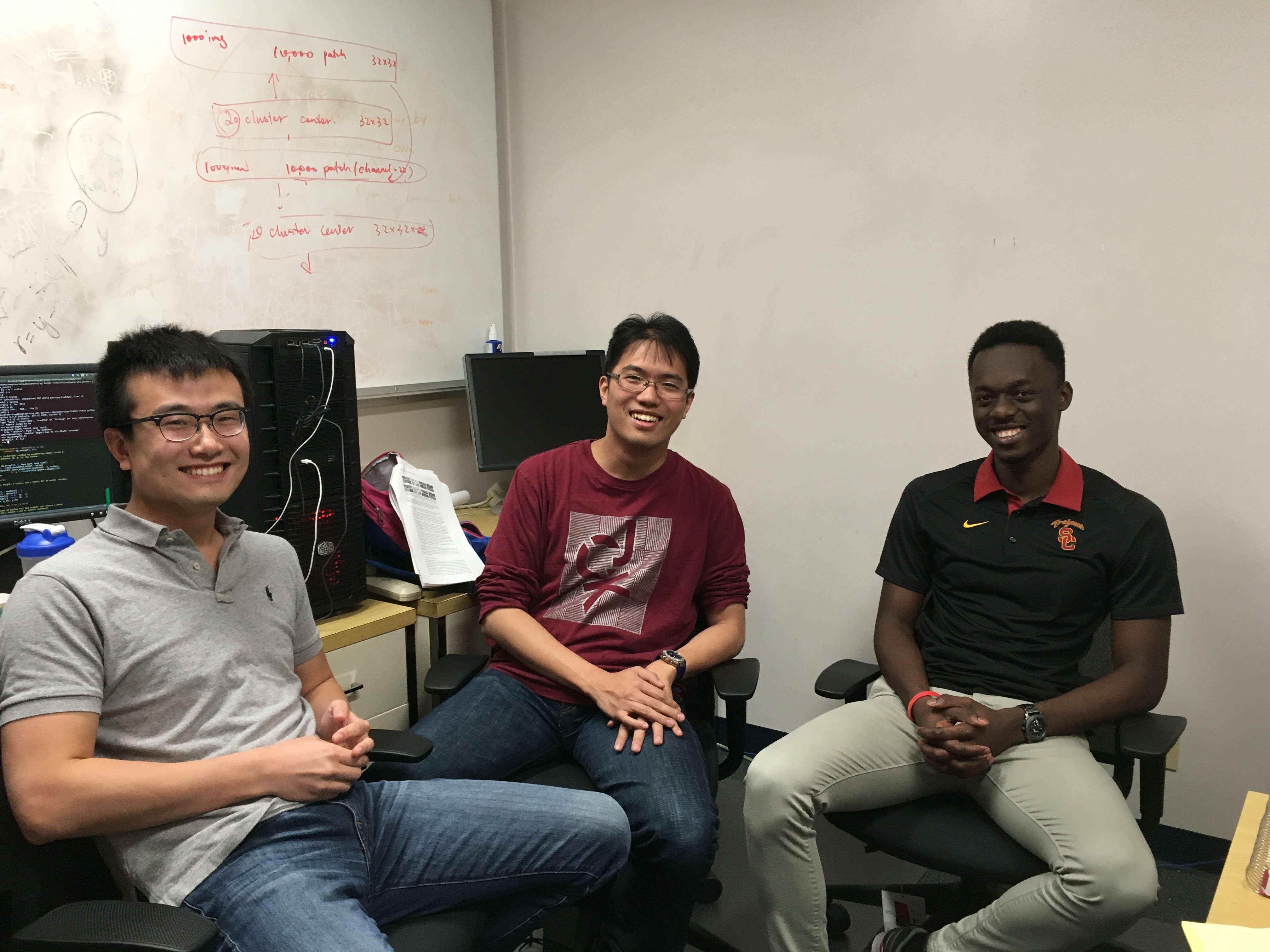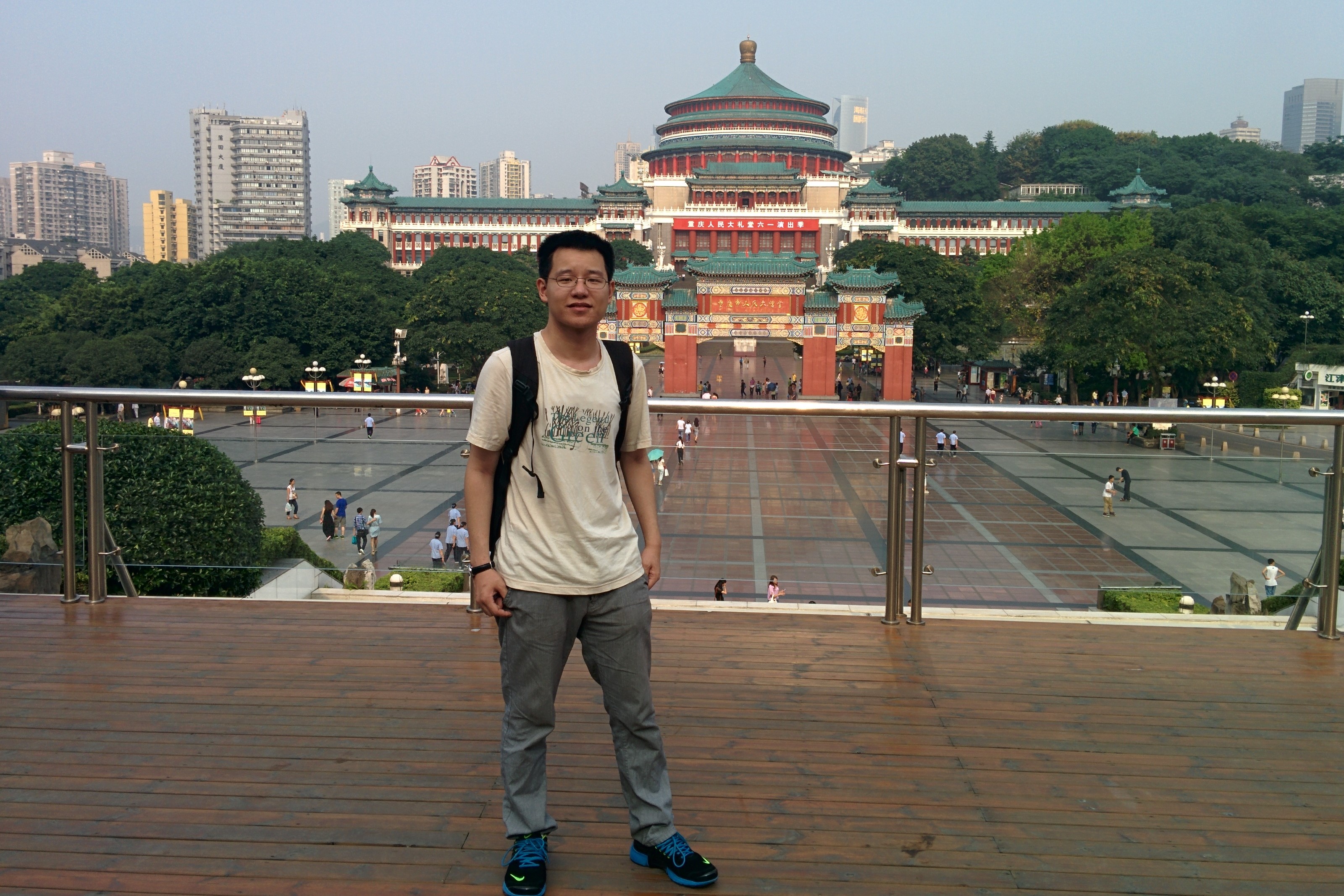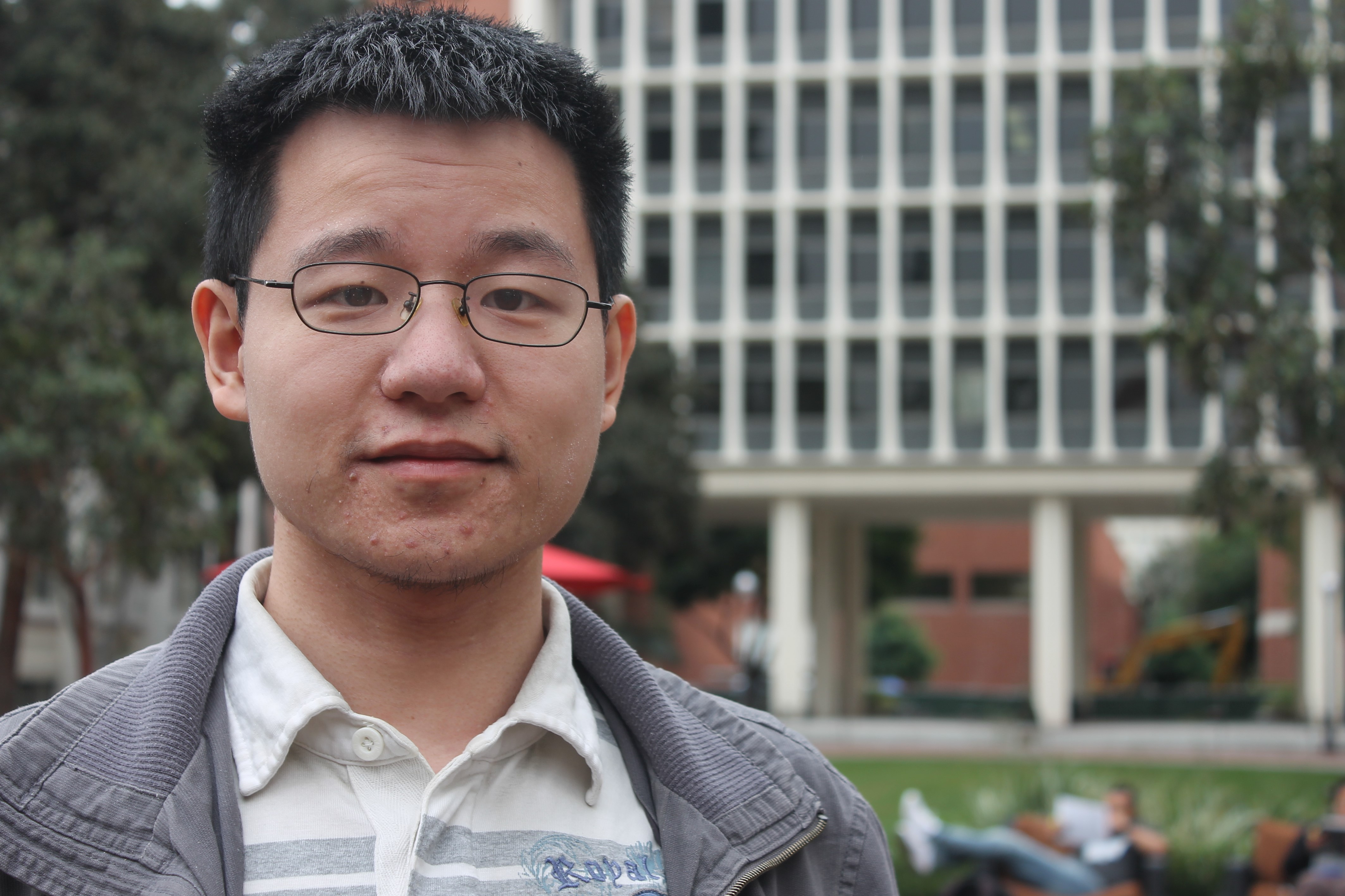MCL Member Attended CVPR 2016 in Las Vegas
Yuzhuo Ren attended CVPR 2016, hosted in Las Vegas from June 26th to July 1st, to present her work in the Large-scale Scene Understanding Challenge (LSUN) workshop. The website of the LSUN challenge is provided here: http://lsun.cs.princeton.edu/2016/.
There are three challenges or tasks in the LSUN workshop: scene classification, saliency predication and room layout estimation. The workshop provides datasets that are much larger than existing ones for benchmarking algorithms proposed by different teams. The team with the best performance is named the winner and is invited to give a talk during the workshop.
Yuzhuo presented her work during the LSUN workshop. The title of her work is “A Coarse-to-Fine Indoor Layout Estimation (CFILE) Method.” This method provides a two-stage indoor layout estimation system, coarse layout estimation followed by layout refinement. The talk was very well received.
The two keynote speakers, Jitendra Malik and Yann LeCun, gave very insightful talks. Jitendra Malik discussed semantic segmentation using RGBD data, while Yann LeCun’s talk was focused on object detection.
In the award session, Jitendra Malik, Yann LeCun, the LSUN workshop organizers and challenge winners had a photo taken together.

